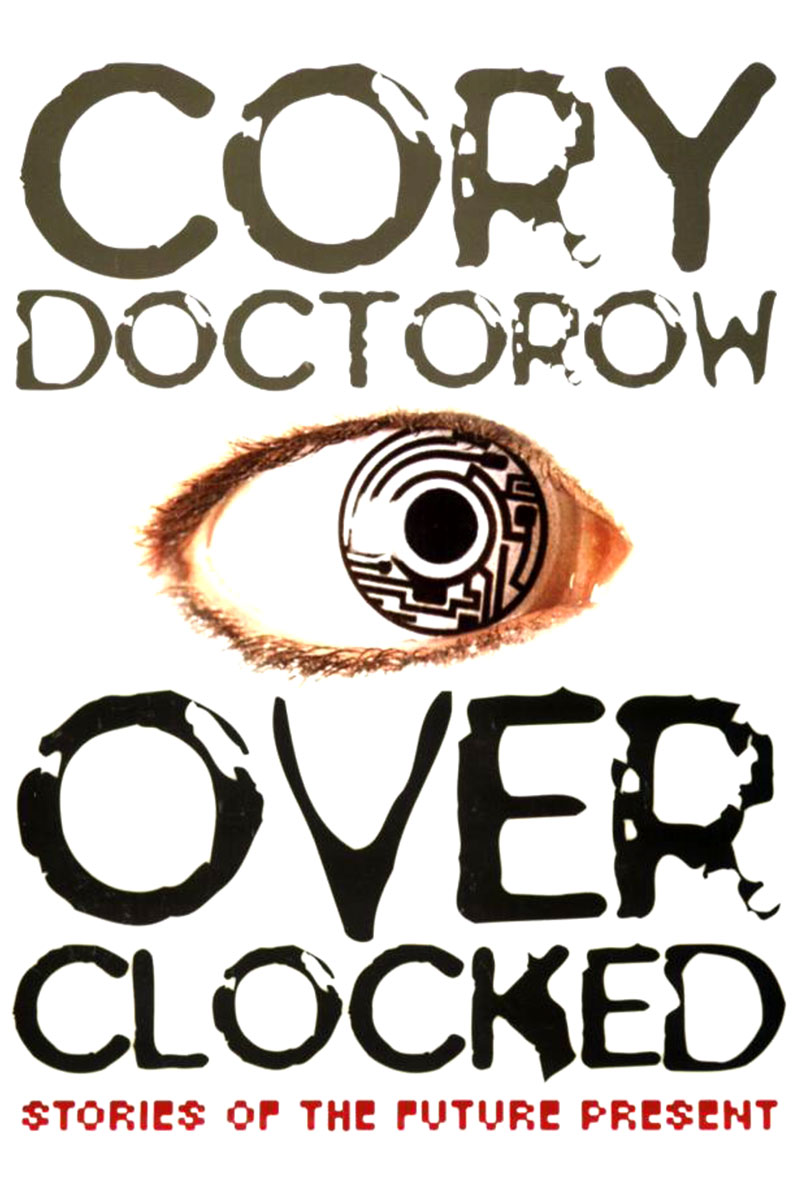Cory Doctorow gives away his vital writing secret right here in these pages, a guaranteed method for producing cutting-edge, engaged, supercharged SF. In his preface to “Anda’s Game,” he says, “The easiest way to write futuristic (or futurismic) science fiction is to predict, with rigor and absolute accuracy, the present day.” Ah, but like the words of all oracles, his pronouncement has a cryptic, paradoxical air to it. What exactly can this mean?
Well, he’s simply giving us the classical, core methodology of SF from its Golden Age, restated for post-modern times. Doctorow is just doing, after all, what Robert Heinlein did at his best: steeping himself in the culture of the present and them amping up what he registers as significant to a day-after-tomorrow condition. Sounds trivial, put that way, doesn’t it? But the relative paucity of Heinleins and Doctorows on the market indicates it’s not as easy as it looks. One has to canvass thoroughly the whole of scientific, artistic and sociological progress, distill the essences, and then find a plot and characters that can best embody the lessons to be conveyed. Knowing a lot about history and the human heart is essential as well. In other words, even before one begins the conventional task of storytelling, one already faces a full-time job of analysis and prognostication.
But Doctorow, like Heinlein, is up to the task. As these stories illustrate, he has a knack for identifying those seminal trends of our current landscape that will in all likelihood determine the shape of our future(s). Add in a recursive affection for past landmarks of SF (besides the Asimovian references, there’s a lot of Clifford Simak in the “Row-Boat” piece), and a gentle empathy for the underdogs in such scenarios, and you get a winning narrative and ideational combination.




























